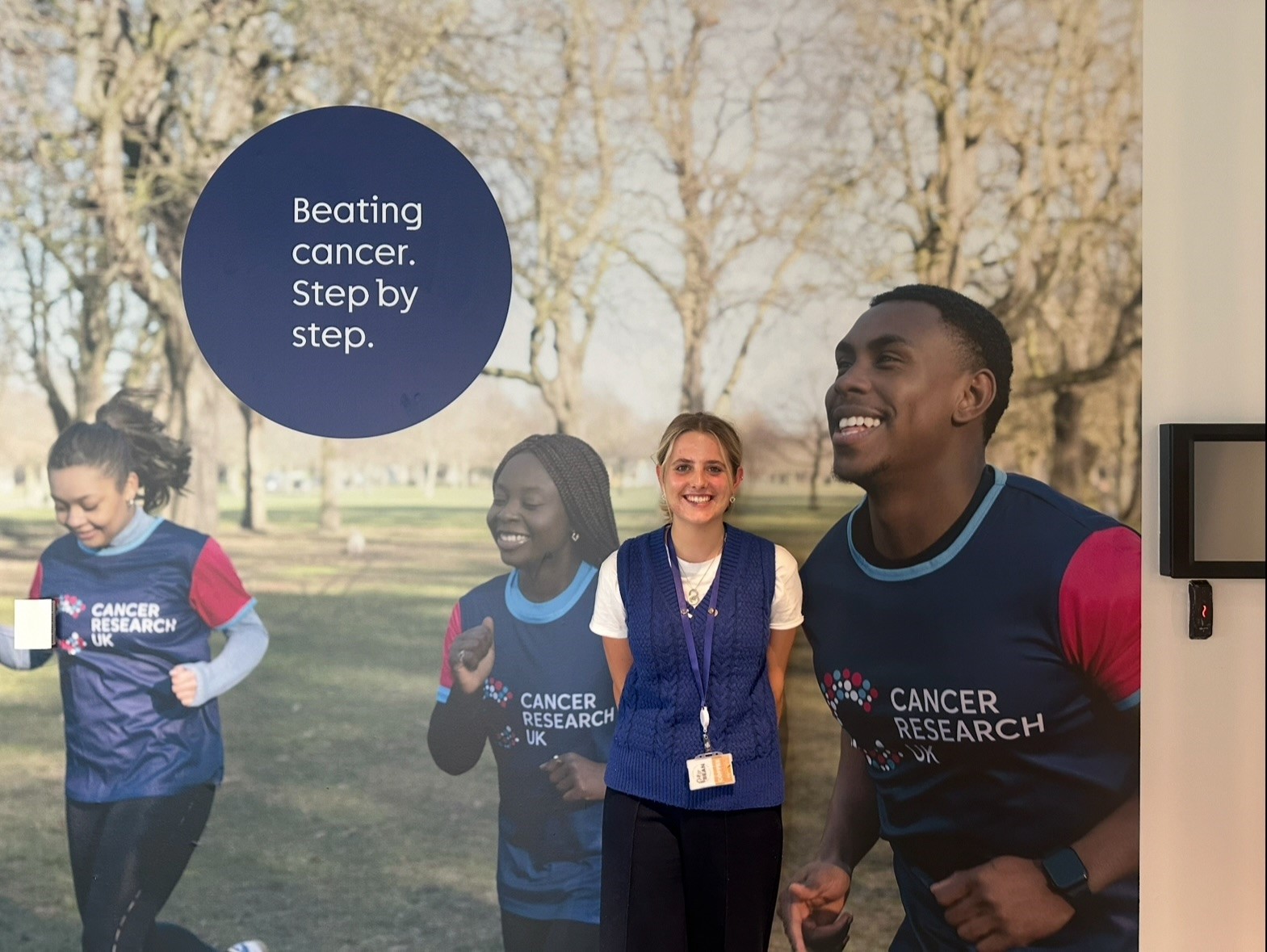Olivia Perry: BSc Medical Biochemistry Industrial Placement
Why did you decide to do a year in industry?
I chose to do a year in industry because, during my second year, I was still uncertain about what I wanted to do after university. The idea of completing three years of academic study and graduating without a clear direction was overwhelming. I saw the placement year as a valuable opportunity to step outside the academic environment, gain real-world experience and explore different career paths. I approached it with the mindset that even if I didn’t enjoy the role, it would still be a worthwhile experience. It would help me understand what I did or didn’t enjoy and bring me closer to figuring out what I wanted to pursue long-term post-university. Taking time away from full-time study also gave me the chance to reflect and consider the opportunities available beyond university. In addition, I didn’t feel completely ready to finish university after three years, especially without a clear plan. A year in industry not only gives you the chance to gain clarity but also allows you to develop valuable skills and experience that makes you more competitive when applying for jobs after graduation.
What were your key responsibilities? How did these develop as your placement progressed?
I was responsible for a range of tasks that supported the successful setup, coordination, and delivery of oncology clinical trials. One of my core responsibilities was managing the logistics of patient sample shipments, ensuring they were sent and received according to protocol timelines and handling requirements. I also regularly attended clinical team meetings and was often tasked with taking accurate and timely minutes to document key decisions and action points. As the placement progressed, my responsibilities expanded significantly. I gained a strong understanding of Good Clinical Practice (GCP) and clinical trial regulations, which I applied when supporting trial setup, monitoring, and documentation processes. I worked closely with clinical study managers and other stakeholders to support the development of new cancer therapies, particularly through exploratory and pre-clinical trial stages. Other jobs included contributing to the preparation and maintenance of essential trial documentation, assisting with site communications, and supporting the continuous growth of the Centre for Drug Development’s (CDD) trial portfolio in alignment with Cancer Research UK’s standards. By the end of my placement, I had developed a comprehensive understanding of clinical trial operations and had built confidence in independently managing key aspects of trial coordination, particularly in a fast-paced oncology research environment.
What were the most enjoyable and most challenging aspects of your placement?
One of the most enjoyable parts of my placement at Cancer Research UK as a Clinical Study Coordinator was being trusted to take ownership of tasks and contribute ideas. I felt like a valued member of the team and appreciated the opportunity to work closely with professionals across the Centre for Drug Development team.
Time management was definitely the biggest challenge. Managing responsibilities across three different trials, especially when multiple deadlines fall on the same day, could become quite stressful. Fortunately, my team was incredibly supportive. Other clinical study coordinators always offered help, and with their assistance, issues were usually resolved quickly without having to manage them alone.
What aspects of your degree were relevant to your placement?
My degree provided a strong scientific foundation that was highly relevant to my placement. Modules in pharmacology, molecular biology, and biochemistry equipped me with the knowledge needed to understand the scientific discussions that took place during project meetings with pharmaceutical and biotech companies.
What advice would you offer to other students considering doing a year in industry?
I would say 100% go for it! A year in industry is an incredible opportunity to learn not only about the working world but also about yourself. Taking time away from academic study gives you valuable perspective and skills that you simply can’t gain from just university lectures. Before starting your second year, I recommend building a strong LinkedIn profile with a professional photo. It’s also helpful to create a master CV that includes all your general information and experiences. When you start applying, you can easily make copies and tailor each version to the specific placement.
What are your ambitions for the future? Do you have specific career plans? Has the University (careers centre/lecturers etc.) helped you with these goals in any way?
My goal is to build a long-term career in the pharmaceutical and clinical research industry. During my placement at Cancer Research UK, I developed a strong interest in the operational side of clinical trials and gained a deeper understanding of how different roles contribute to their success. This experience confirmed my ambition to stay in the industry and continue developing within clinical trial delivery. The skills I developed, such as managing timelines, solving logistical challenges, and communicating effectively across multidisciplinary teams, are highly transferable and will continue to support my professional growth in the industry. Being offered a full-time position following my placement has also shown me how valuable this experience can be in shaping a career path and creating long-term opportunities.
